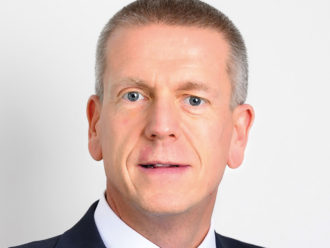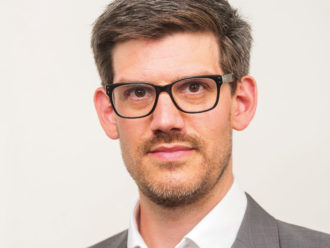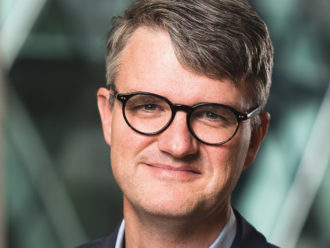Okay, but is there an alternative? You mentioned breaking it down by region, but presumably that creates even more barriers?
Well this is exactly the difference between the United States and Europe, or Japan and Europe. If you look at Europe as a whole, rather than these individual countries, we are actually doing pretty well. By the same argument, if we split the United States of America into their individual fiscal constituencies, a third of them would be bankrupt. The same would happen to Japan, even England.
I see your point about our ongoing obsession with growth, but when is enough enough?
This is the question that I’ve been devoting my intellectual time to in the last year or so. It is a very difficult question. What I usually do is take a question and I put it into an extreme. I look for examples of a perfect situation where people had enough, and usually you find this in the realm of religion.
One typical example of that is the Garden of Eden, so people had everything, they were freshly created, there were no psychological complexes, no illnesses, there was not even money. It was a paradise. Did people have enough? No – they wanted more and it’s funny, if you read the first three pages of the Bible, people usually think that the original sin was of a sexual nature. This is for reasons unknown, because there is really almost no reference to sex in the original chapters of the Book of Genesis. The words ‘consume’ or ‘eat’, however, repeat 20 times over a span of a single page, which is bad literature if you ask me. Unless, of course, you have a very strong point to make.
The original sin was a sin of consumption, or more specifically, a sin of over-consumption. They consumed something they didn’t need to. They didn’t consume it out of hunger.
My favourite part about the Garden of Eden is that the curse they get when they are expelled is also an economical curse: Eve gets the curse of demand (in economics everything is about demands), and the curse is: “You will demand, you will desire, but you will not be in control of your desires, they will be in control over you and they will master you”. Adam gets the curse of supply: “You will work the land.”




Comments